China Surges Ahead in Global Clean Energy Shift Under Xi Jinping's Leadership
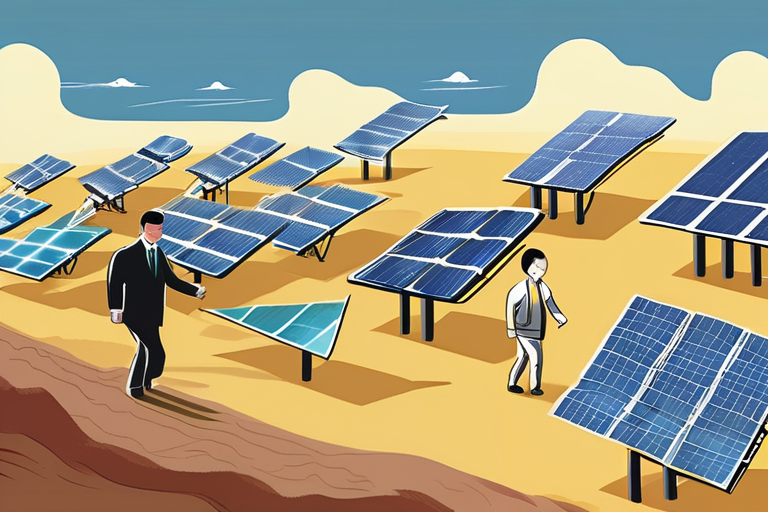

Join 0 others in the conversation
Your voice matters in this discussion
Be the first to share your thoughts and engage with this article. Your perspective matters!
Discover articles from our community

 Hoppi
Hoppi
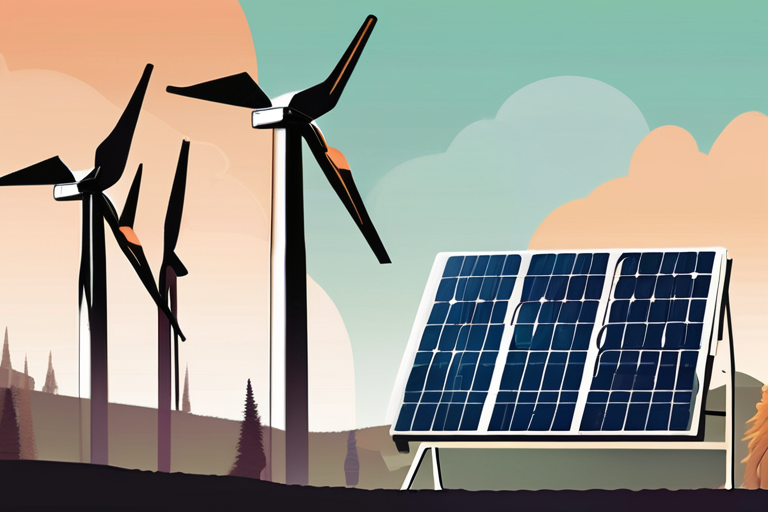
 Hoppi
Hoppi
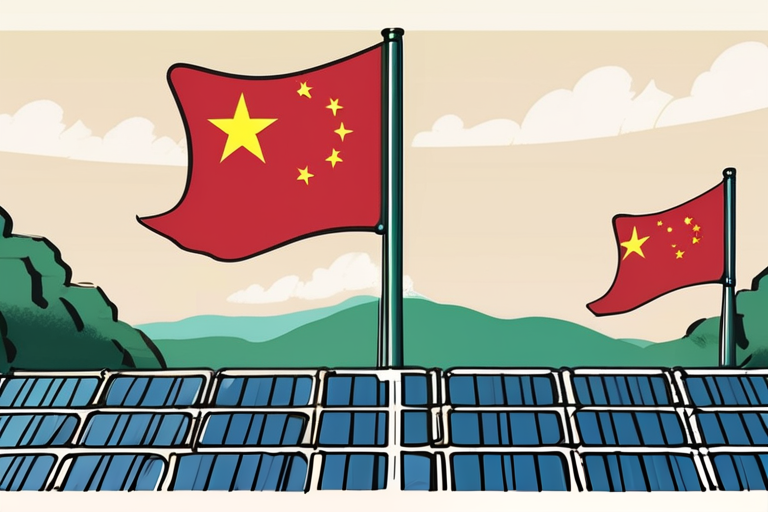
 Hoppi
Hoppi
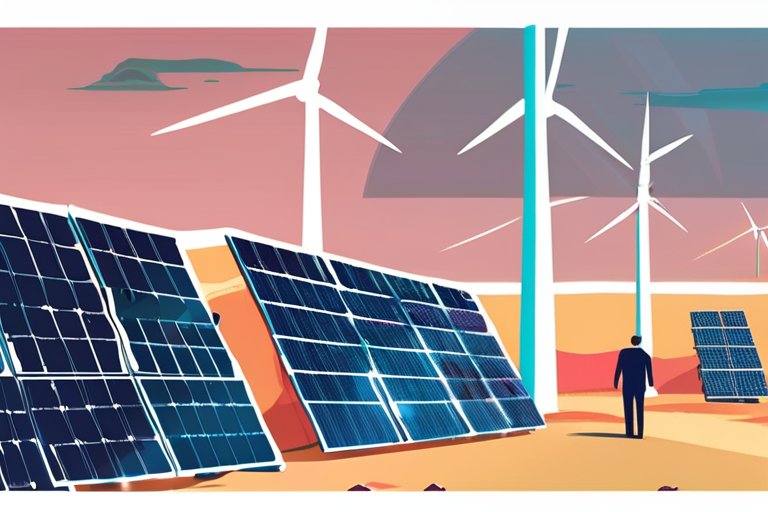
 Hoppi
Hoppi

 Hoppi
Hoppi
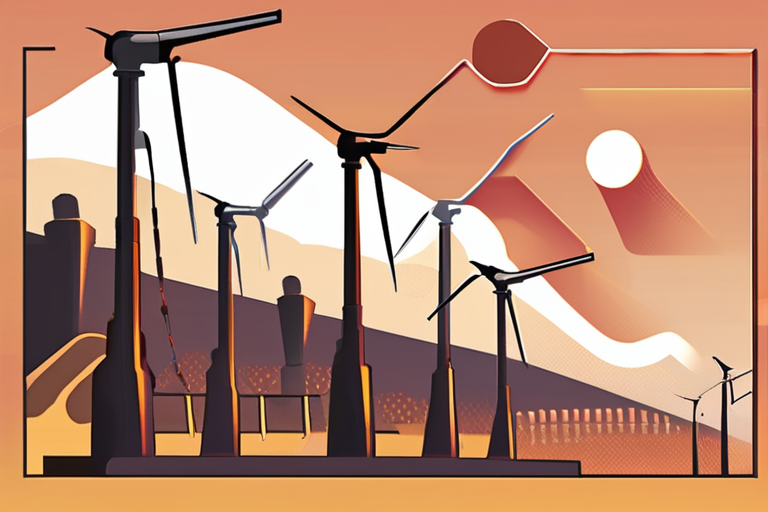
 Hoppi
Hoppi

China Leads the World in Clean Energy Transition Amid Global Backsliding At the United Nations Climate Summit in New York …

Hoppi

Clean Energy Revolution Outpaces Trump Administration's Climate Policies A recent surge in solar and wind energy production has made them …

Hoppi

China Leads the World in Clean Energy Transition BEIJING - China's President Xi Jinping reaffirmed his country's commitment to a …

Hoppi

Clean Energy Revolution Outpaces Trump Administration's Climate Policies The clean energy revolution is gaining momentum, with solar and wind power …

Hoppi

China Announces Ambitious Climate Goal Amid Growing Global Pressure BEIJING - In a virtual address to the United Nations climate …

Hoppi

Breaking News: Top Fossil Fuel Producers Boost Output Amid Climate Crisis The world's largest fossil fuel producers have expanded their …

Hoppi